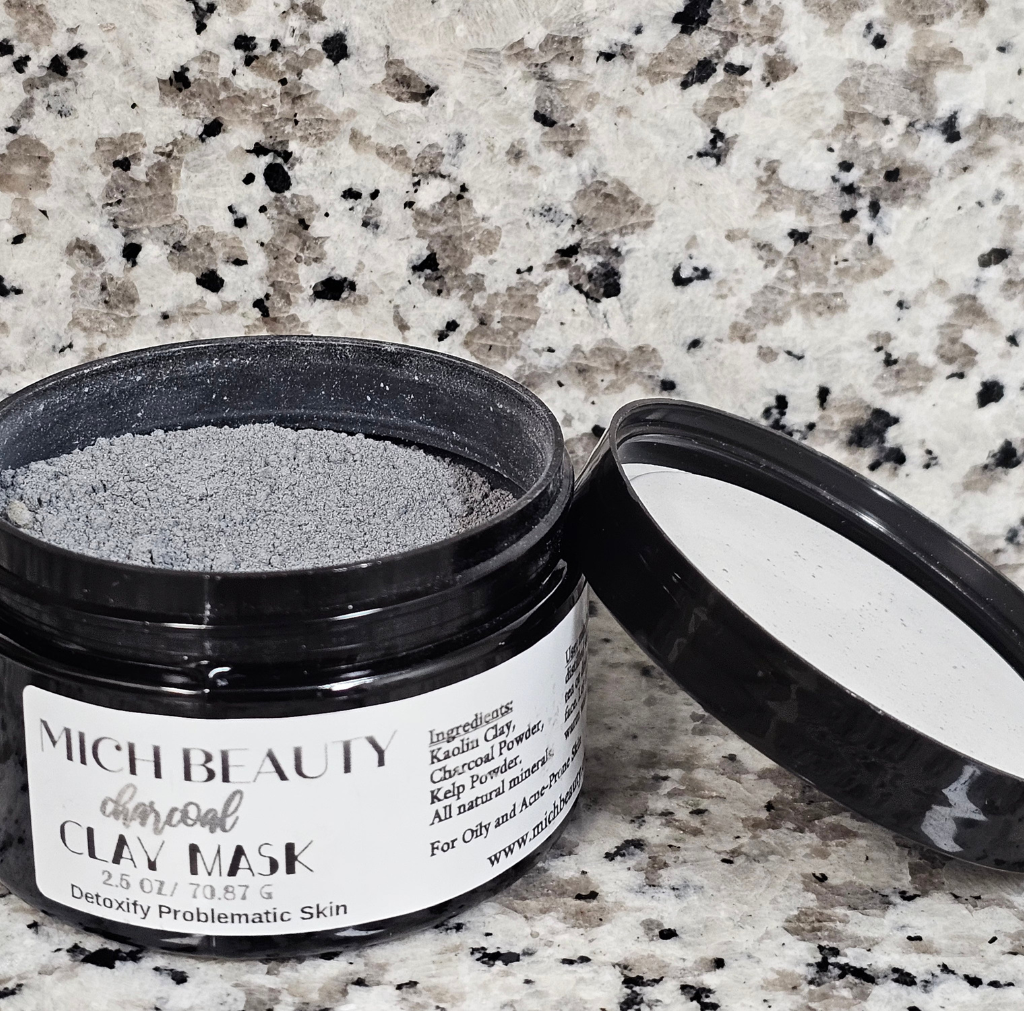The Benefits of Homemade Clay Masks
Homemade clay masks are a great addition to skincare routines, offering versatile benefits for radiant and healthy skin. They excel in deep cleansing, removing impurities, and preventing blackheads. These masks gently exfoliate, leading to smoother skin, while balancing oil production for those with oily or combination skin. Clay masks also tighten and tone, reducing fine lines, and soothe inflammation. They enhance blood circulation, promoting a healthy glow, and are customizable for specific skin concerns. Homemade masks are affordable, providing a cost-effective way to achieve and maintain beautiful, healthy skin
· Detoxify and purify your skin: Clay masks are known for their ability to draw out impurities and toxins from the skin, leaving it feeling clean and refreshed.
· Control excess oil and reduce acne: Clay masks are particularly effective at absorbing excess oil from the skin, making them a great option for those with oily or acne-prone skin.
· Improve skin texture and tone: Regular use of clay masks can help to exfoliate the skin, minimize the appearance of pores, and improve overall skin texture and tone.
Essential Ingredients for Homemade Clay Masks
When it comes to making homemade clay masks, there are a few essential ingredients that you'll want to have on hand. These ingredients can be easily customized to suit your specific skin type and concerns. Here are some key ingredients to consider:
· Bentonite clay: Known for its detoxifying properties, bentonite clay is a popular choice for homemade clay masks.
· Kaolin clay: This gentle clay is perfect for sensitive skin and helps to purify and exfoliate without causing irritation.
· Activated charcoal: Ideal for deep cleansing, activated charcoal can help to draw out impurities and toxins from the skin.
· Aloe vera gel: Aloe vera gel is incredibly soothing and hydrating, making it a great addition to any clay mask recipe.
· Essential oils: Whether you're looking to add fragrance or additional skincare benefits, essential oils can be a wonderful addition to your homemade clay mask.
Step-by-Step Guide to Making Homemade Clay Masks
Now that you're familiar with the benefits and essential ingredients, let's walk through the step-by-step process of making your own homemade clay mask:
Gather your ingredients and tools
Before you begin, make sure you have all the necessary ingredients and tools on hand. This may include your choice of clay, aloe vera gel, essential oils, a nonmetal bowl and spoon for mixing, and a clean brush for application.
Choose the right clay for your skin type
Different clays offer different benefits, so it's important to choose the right one for your skin type. For example, bentonite clay is great for oily skin, while kaolin clay is better suited for sensitive skin.
Mix and customize your clay mask
In a nonmetal bowl, mix the clay with aloe vera gel, a few drops of essential oils, and any other desired ingredients. Customize the consistency to your liking by adding more or less liquid.
Apply and remove the mask properly
Using a clean brush, apply the clay mask to your face, avoiding the delicate eye area. Allow the mask to dry for the recommended time, then gently rinse it off with warm water.
Expert Tips and Tricks for Homemade Clay Masks
To ensure the best results and a pleasant experience when using homemade clay masks, consider the following expert tips and tricks:
· Use a nonmetal bowl and spoon for mixing: Metal can react with the clay and affect its properties, so it's best to use nonmetal tools for mixing.
· Perform a patch test before applying the mask: This is especially important if you have sensitive skin or are trying a new ingredient for the first time.
· Follow up with a hydrating moisturizer: While clay masks are great for purifying the skin, they can also be drying. Follow up with a hydrating moisturizer to keep your skin balanced.
· Store leftover clay mask properly: If you have any leftover clay mask, store it in an airtight container in a cool, dry place to maintain its freshness.
Conclusion
Homemade clay masks are a wonderful way to pamper your skin and address specific skincare concerns. By understanding the benefits, essential ingredients, and step-by-step process, you can create customized clay masks that cater to your unique skin needs. With the expert tips and tricks in mind, you'll be well-equipped to achieve that coveted glow and enjoy the many benefits of homemade clay masks. So, get ready to treat yourself to a spa-like experience right in the comfort of your own home!




